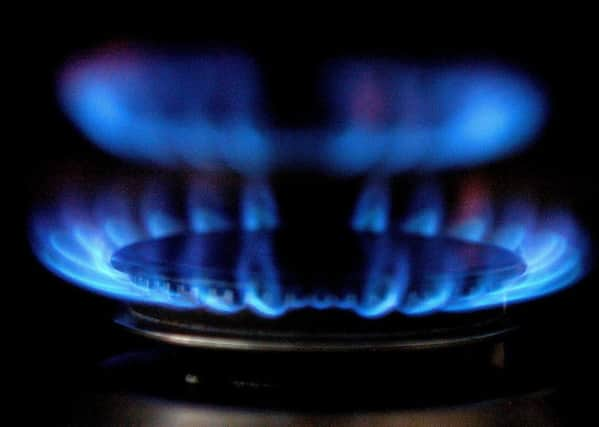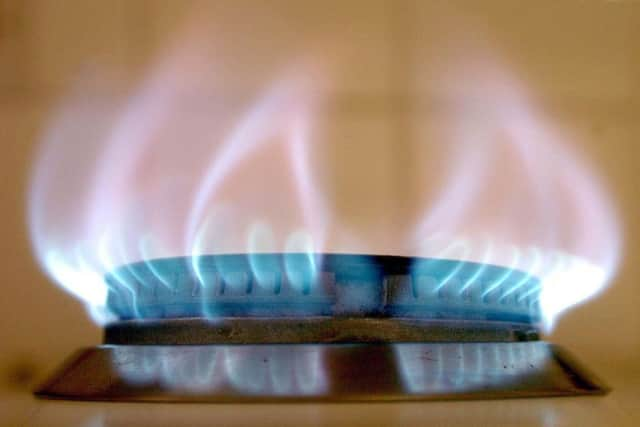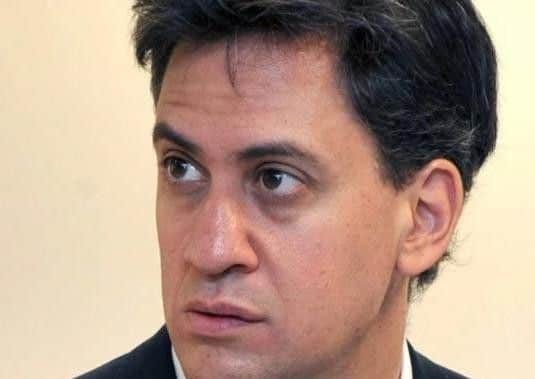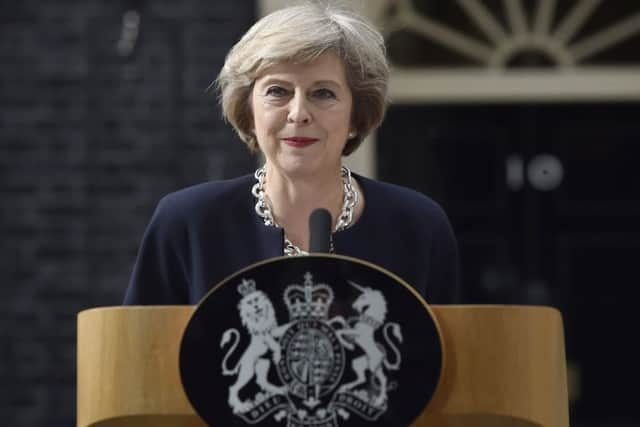Mark Casci: An energy price cap is pointless, let's see the Big Six genuinely challenged


Just days after Prime Minister Theresa May dismayed the markets and, in particular, voters by announcing a snap general election, it became clear that the Tories were looking to make a manifesto commitment to placing a cap on energy prices.
The proposals, which will effect seven out of 10 households, were rushed out over the weekend and quickly drew comparisons with former Labour leader Ed Miliband’s much-decried energy price freeze.
Advertisement
Hide AdAdvertisement
Hide AdIndeed this pledge, made during Labour’s 2013 party conference, was refered to by one tabloid as “back to the bad old days”. How little they knew of what genuine incompetance Labour was set to offer them.


The iniative it has drawn much criticism already from several circles, and for justifiable reasons.
For a start the cap, if enacted, would benefit families to the tune of £100 a year in savings on their energy bill. That amounts to £8.33 a month, or 27p a day, hardly the sort of manifesto commitment that is going to have people dashing to the polling booth.
And I am not alone in offering disparagement.
Ben Wilson from comparison firm Gocompare.com, called a price cap “a backward step at a time when competition and switching in the energy market are on the rise”.


Advertisement
Hide AdAdvertisement
Hide AdHe goes on to posit that competition and regulator-led reviews of the industry in recent years have consistently pointed to greater consumer engagement and switching as being “a force for good and the most effective strategy for households battling to keep their energy bills down”.
At the heart of this theory is that British consumers, if motivated to vote with the direct debit and switch suppliers when faced with rising costs, will keep prices low, as much as £300 a year according to Mr Wilson, a significant improvement on that on offer from the Government.
However this is all contingent on the so-called Big Six energy suppliers, namely British Gas, Scottish Power, nPower, EDF Energy, E.On and SSE, actually being radically different to one another in terms of the tarrifs they offer to consumers.
When your choice is between five other firms, none of whom have sterling reputations when it comes to customer service or reflecting the cost of raw materials in the pricing structures, you are hardly empowered as a consumer.


Advertisement
Hide AdAdvertisement
Hide AdWhat would be of real benefit for us as energy consumers would be for greater choice, full-stop.
At an event I chaired on renewable energy earlier this year at the offices of Yorkshire Building Society, delegates heard from Mark Coyle, the strategy and marketing director for software firm Utiligroup.
He said that, in his view, the rule of the big six energy suppliers were numbered, with the sector set to become increasingly diverse. He outlined a vision more comparable to that of the insurance market in terms of the plurality of options available to households.
He said: “The world is becoming more diverse with more innovation and entrepreneurialism. That’s going to create more companies. We won’t ever get back to the Big Six energy suppliers. It will be the Big 56, like in insurance. You will pick the one that is right for you.”


Advertisement
Hide AdAdvertisement
Hide AdWhile it is one man’s prediction it does make a lot of sense.
One need only look at the growth of the likes of Harrogate’s CNG Group who have been able to take business away from the big boys by delivering great service, unemcumbered by the bloated corporate structures of the big six.
So do we need a token manifesto pledge? Or would we rather be handed a genuine vision for post-Brexit Britain that doesn’t consist of assuring us all will be fine?
I know what I would rather hear about.